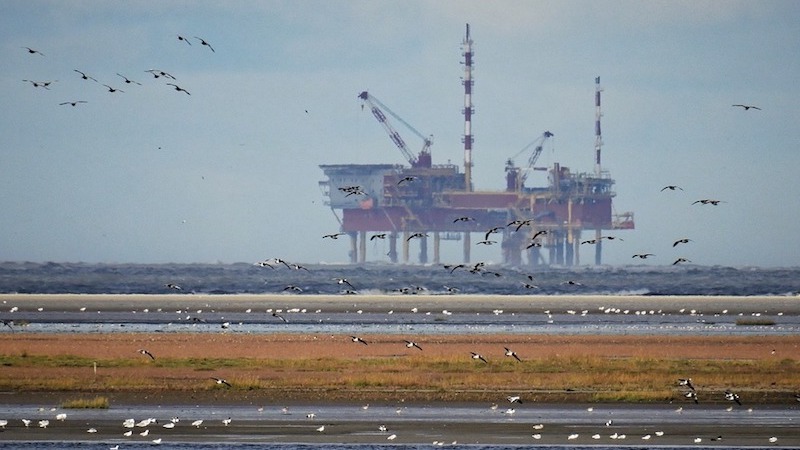Campaigners’ attempts to use the courts to curb UK oil production have been defeated but they are considering an appeal.
The Oil and Gas Authority (OGA) has a legal duty to “maximise economic recovery” of petroleum. The UK produced over 1 million barrels of oil a day in 2020, about 1% of the world’s total.
Last month, campaigners’ lawyers argued that the regulator failed to consider government tax breaks to the oil and gas sector and the broader climate change context when deciding what was “economic”.
High court justice Sara Cockerill disagreed. In her ruling, she said it was not the court’s job to interpret what parliament meant by “maximise economic recovery”.
She added: “Parliament could have used plain, specific language if it intended to require the OGA to assess ‘revenue flows’ or the ‘true tax position’ as the Claimants allege. It did not do so.”
Egypt names foreign minister Sameh Shoukry to lead Cop27 climate talks
Campaigners had argued that oil and gas production costs UK taxpayers money.

Campaigners outside the Royal Courts of Justice showing their support for the claimants (Pic: Joe Lo/Climate Home News)
Oil companies get paid back by government when the oil price falls and they stop making as much profit.
They also receive tax breaks for the cost of decommissioning oil rigs, an expense which is expected to grow as the world reduces its reliance on oil.
But Cockerill said campaigners’ legal argument was a “strained and nonsensical approach”.
She said “negative taxation flows”, when the taxpayer pays out more than it gets, only occurred in certain years when the oil price was low.
Focussing on the costs of decommissioning “is to ignore the inflows which have happened… that is plainly not a reasonable approach,” she said.

The UK’s tax rate on hydrocarbon production is lower than in neighbouring countries (Pic: Boue/Screenshot)
Commenting the judgement, the claimants said: “Today the high court ruled against us, but accepted that the UK’s OGA can ignore the billions of pounds in public money that prop up oil and gas companies when deciding whether or not to approve oil and gas extraction.”
Comparisons to other tax regimes were not discussed in court but, according to a report by former oil company director Juan Carlos Boué, the UK’s oil tax regime is far more generous to oil producers than neighbouring countries like Denmark, the Netherlands and Norway.
Defending its tax regime in court, the government’s lawyer Richard Turney said oil and gas extraction was a risky business and the UK’s tax regime must strike a “delicate balance” between getting money in and encouraging oil drillers to come to the UK.
The OGA said in a statement: “We welcome the judgment. We remain firmly focused on regulating and influencing the oil, gas and carbon storage industries to both secure energy supply and support the transition to net zero.”
The claimants said they would “confer with our legal team regarding our next steps and the possibility of an appeal”.
